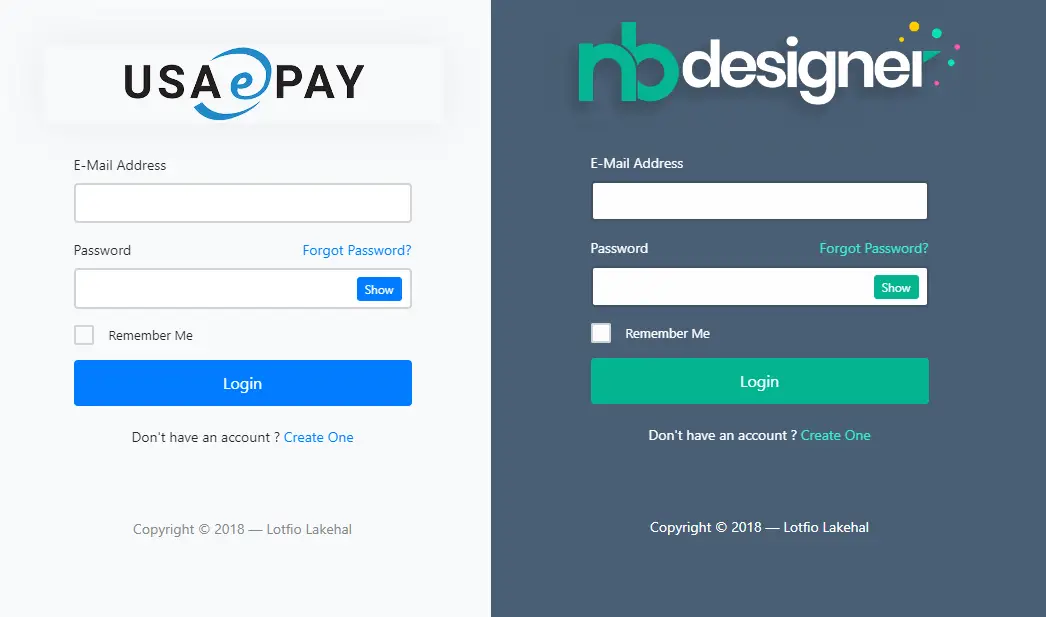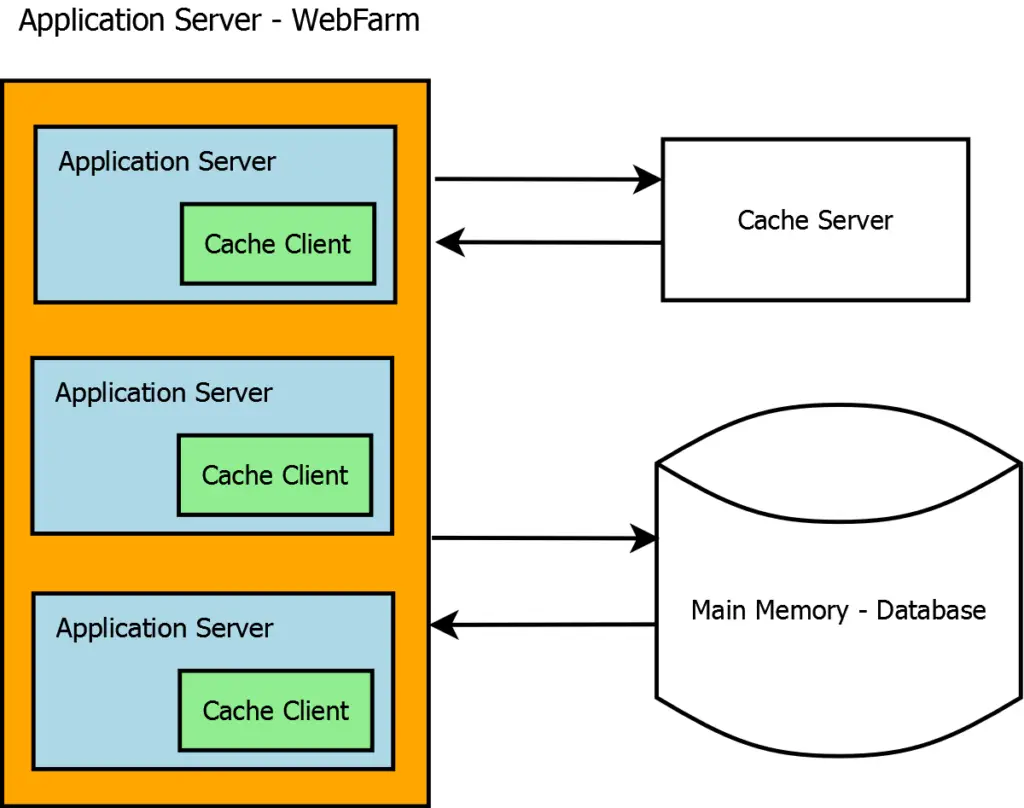How to use closures in C#
By Tan Lee Published on Jan 05, 2025 407
Delegates, which are type-safe function pointers matching a specific signature, are used for callbacks and event handling.
Closures as First-Class Functions in C#
A closure in C# is a first-class function tied to its lexical environment, allowing it to access free variables from that environment. C# treats functions like first-class data types, enabling them to be assigned, invoked, or passed around like other data types.
Closure Examples in C#
You can write a closure using an anonymous method as shown below:
Func<int, int> multiplyByTwo = delegate (int number)
{
return number * 2;
};Alternatively, you can create a closure using a lambda expression:
Func<int, int> multiplyByTwo = number => number * 2;
Both snippets create a method that accepts an integer as a parameter and returns its double.
Here’s how you can invoke these closures:
int result = multiplyByTwo(5); // Output: 10
Now, let’s explore closures capturing non-local variables.
int y = 20;
Action displayValue = delegate
{
Console.WriteLine($"The value of the non-local variable y is: {y}");
};
displayValue();The same can be achieved using a lambda expression:
int y = 20;
Action displayValue = () =>
{
Console.WriteLine($"The value of the non-local variable y is: {y}");
};
displayValue();In both cases, the output will be:
The value of the non-local variable y is: 20
Closures Capture Variables, Not Values
Closures in C# are bound to the variables in their lexical environment, not just their values.
int z = 30;
Action showValue = delegate { Console.WriteLine($"The value of z is: {z}"); };
z = 50;
showValue();When executed, the output will be:
The value of z is: 50
This behavior occurs because the closure references the variable z itself, not its original value.
How Do C# Closures Work?
When the C# compiler encounters a closure that captures local variables beyond its original scope, it promotes the delegate and its associated variables into a compiler-generated class. This ensures the variables remain accessible even if their original scope ends.
[CompilerGenerated]
private sealed class <>c__DisplayClass0_0
{
public int z;
internal void <M>b__0()
{
Console.WriteLine($"The value of z is: {z}");
}
}This mechanism allows closures to keep variables alive as long as the closure itself is callable. Originally from functional programming, closures now play a significant role in object-oriented languages like C#, simplifying the implementation of delegates.





